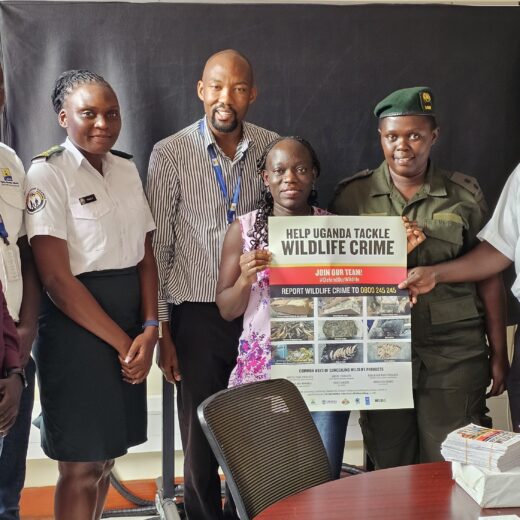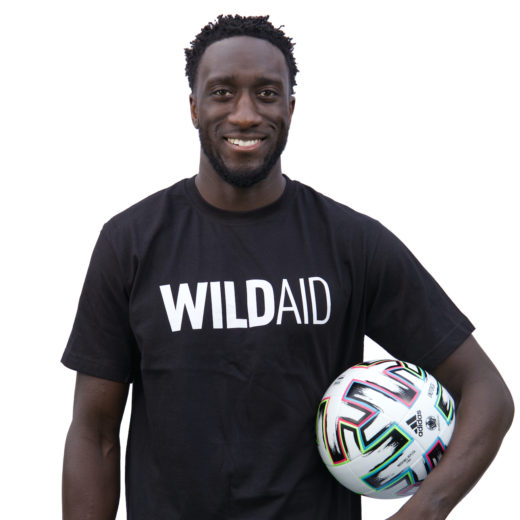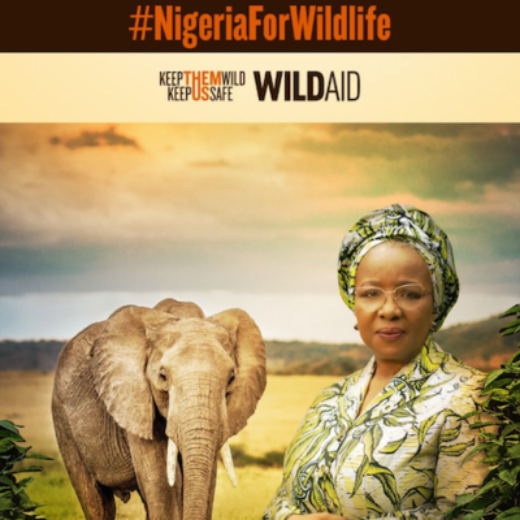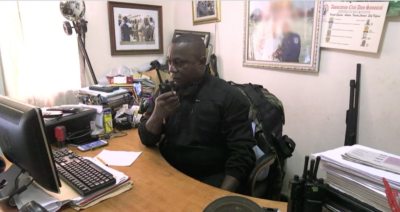
Officials in Gabon today announced the arrest of the West African country’s biggest ivory trafficking kingpin and his eight-member criminal syndicate.
The operation was the result of a two-year inter-ministry investigation in collaboration with Interpol and France, and comes just weeks after China and Vietnam banned all ivory sales.
The Chadian national at the center of the elephant poaching network is suspected to have trafficked 600 tusks during 2017 alone. He has been wanted by Gabonese authorities for wildlife crimes since 2015.
“Gabon and other African countries are cracking down on the corrupt and criminal activities on the supply side, while China and Vietnam are hitting the demand with strict new laws. As ivory prices tumble it’s the ideal time to dismantle this organized crime,” said WildAid CEO Peter Knights. “Ivory prices in Asia have fallen from $2,100 per kilogram to around $700 in reaction to the sales bans and public awareness campaigns.”
Gabon is home to an estimated 50,000 of Africa’s 100,000 imperiled African forest elephants. Safeguarding them and the country’s other rare wildlife is a top priority for President Ali Bongo. To protect against poachers, Gabon’s forests are monitored extensively by wildlife rangers, military forces, sniffer dogs, camera traps, drones and a helicopter.
“I can tell you today, in no uncertain terms, that we are fighting a war against illegal natural resource extraction. If we lose, we risk losing control of our nation and of our destiny,” President Bongo said.
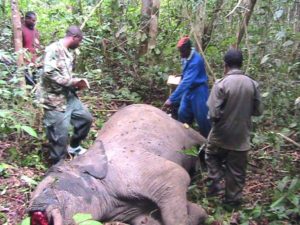

While poaching of East African savanna elephants is declining, the threat faced by Central and West African forest elephants remains high. Populations in parts of Cameroon, Republic of Congo, Central African Republic and Gabon declined by 66% between 2008 and 2016 due to poaching.
“We face organized poaching gangs that are ever more violent, shooting on sight today when they encounter our patrols,” said Gabonese National Parks Agency Director, Professor Lee White, CBE.
“Organized criminal networks, some of which are linked to Boko Haram terrorists, are hunting down the forest elephants in a crisis that has seen us lose over 80% of all forest elephants in Central Africa outside Gabon and Northern Congo,” he said.
“Whilst we have lost 70% of the elephants in the remote and vast Minkebe National Park, on the Cameroon border in northeast Gabon, where pressure is highest, in places like Loango and Wonga Wongué where we are able to protect them effectively, populations are rebounding and elephants spill out of the forest onto the Atlantic beach,” said Professor White.
Poaching in Kenya is down from 390 elephants killed in 2013 to only 46 last year, according to the Kenya Wildlife Service, and by 55% at three main sites in Tanzania in 2016 compared to 2015.
“2018 can be a turning point for forest elephants, which have suffered so severely over the past decade. Law enforcement is increasing across Africa and Asia, and China has closed the world’s biggest ivory market. Many other countries are also taking action to close their domestic trades, but sadly Japan, which covets the ‘hard’ ivory from forest elephants for ‘hankos,’ or stamps, is so far refusing to join the global community in ending the destructive ivory trade,” Knights said.
Watch: Gabon 24 news investigates Operation Nzok
Stay in touch and get the latest WildAid updates.
SIGN UP
